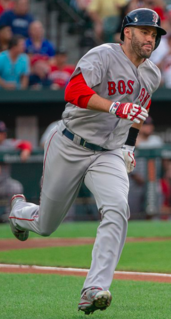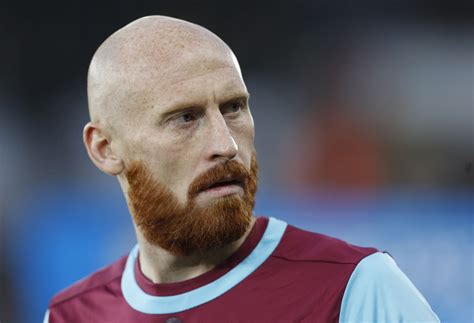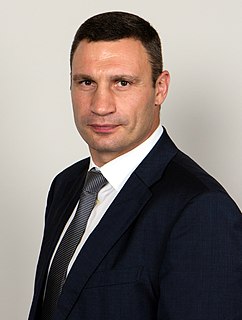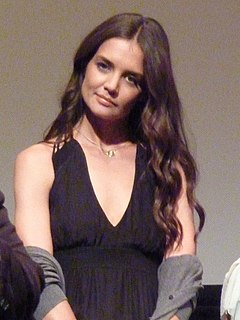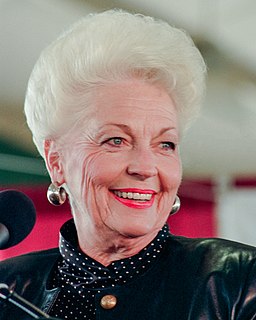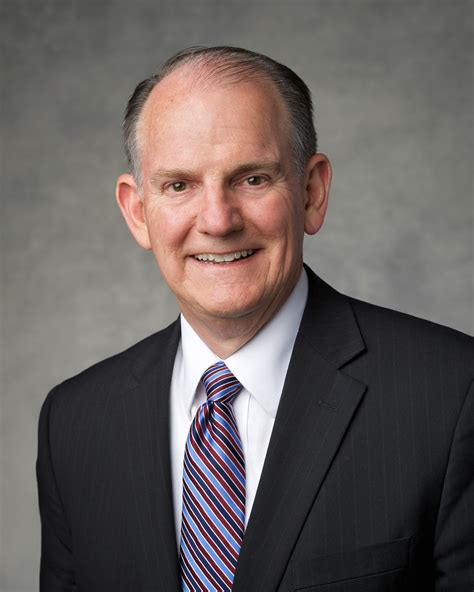A Quote by Napoleon Hill
The way to develop decisiveness is to start right where you are, with the very next question you face.
Related Quotes
If I was going to sum up my approach to this whole mind issue, I would say this: the question is often formulated in a very bad way - for example, by posing the question in terms of stuff. It's better to start with the things we do know: for example, that there are people and other thinking creatures, who have mental capacities. Our next step should be to say something about these capacities.
I think that's one of the things you start learning from being hot and playing every day at the beginning, you know. The league, they made their adjustments and their change to you, the way they pitch you, the way they attack you, and just learning and learning from that and making the adjustments the very next at bat or the very next pitch.
To do the right thing, at the right time, in the right way; to do some things better than they were ever done before; to eliminate errors; to know both sides of the question; to be courteous; to be an example; to work for the love of work; to anticipate requirements; to develop resources; to recognize no impediments; to master circumstances; to act from reason rather than rule; to be satisfied with nothing short of perfection.
I'm doing something called 'Olivia Twisted,' that will start next year. There may be something in between, but right now, that's the one that I'm slated to do next year. That's a very ultra-modern version of 'Oliver Twist,' and it's female-driven. It's an action film, and it's kind of dark and gritty.
At every single moment, we are given the opportunity to choose our future. What we do today will determine what we face next week, next month, or next year. It is at the moment of a particular occurrence that we are called upon to make a choice: Will I do it the way I've always done it, or will I do it a different way.
Our Heavenly Father, who loves us completely and perfectly, permits us to have experiences that will allow us to develop the traits and attributes we need to become more and more Christlike. . . . As we understand this doctrine, we gain greater assurance of our Father's love. We will each face times of difficulty, and the question is not when we will face them but how we will face them.



